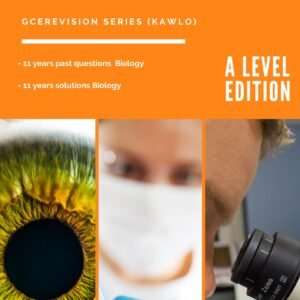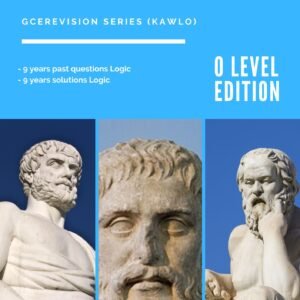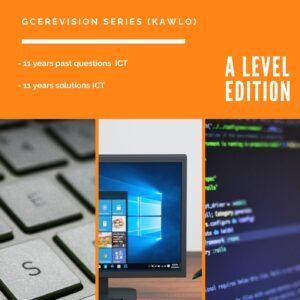INTRODUCTION TO LOGIC
introduction to logic
- NATURE OF LOGIC
- Origin of logic
Logic started at around the fourth century. Aristotle is known as the father of logic. He derived the word logic from the Greek word “LOGOS” which means “discourse”. To Aristotle, logic is considered as an “organon” (an instrument which allows one to attain the truth in discourse in the course of thinking. Logicians like John Venn, George Boole, and Godfrey Leibniz also contributed in the development of logic.
Formal definition of logic
Logic is the branch of philosophy which deals with the methods and principles used to distinguish correct reasoning from incorrect reasoning.
Logical concepts
- Proposition: it is a statement which can either be true or false.
- Truth value: it refers to whether a proposition is true or false.
- Argument: an argument is a group of propositions in which one of them called the conclusion is derived from the others called the premises. E.g.
All girls are beautiful
Shekinah is a girl
Therefore Shekinah is beautiful
- Truth and validity: truth and falsity deals with propositions while validity deals with arguments
- A valid argument: This argument whose conclusion follows from the premises and is perfectly related to the premises e.g.
- An invalid argument: this is an argument whose conclusion does not follow from the premises
- Sound argument: this is an argument whose is valid and all its premises are true.
- Unsound argument: this is an invalid argument with true premises or a valid argument having at least one of the premises false
- Strong argument: this is an argument in which the premises provide partial support for the conclusion.
- Weak argument: this is an argument that is not probable. That is if its premises are true then the conclusion is also true.
- Cogent argument: this refers to an argument that is both strong and has only true premises.
- Uncogent argument: this is an argument that is either weak or strong with at least one false premise
The purpose of logic
- Logic drills the mind to draw right conclusion and avoid wrong ones
- Logic helps one to acquire and retain knowledge which can permits one to investigate and detect bad arguments.














